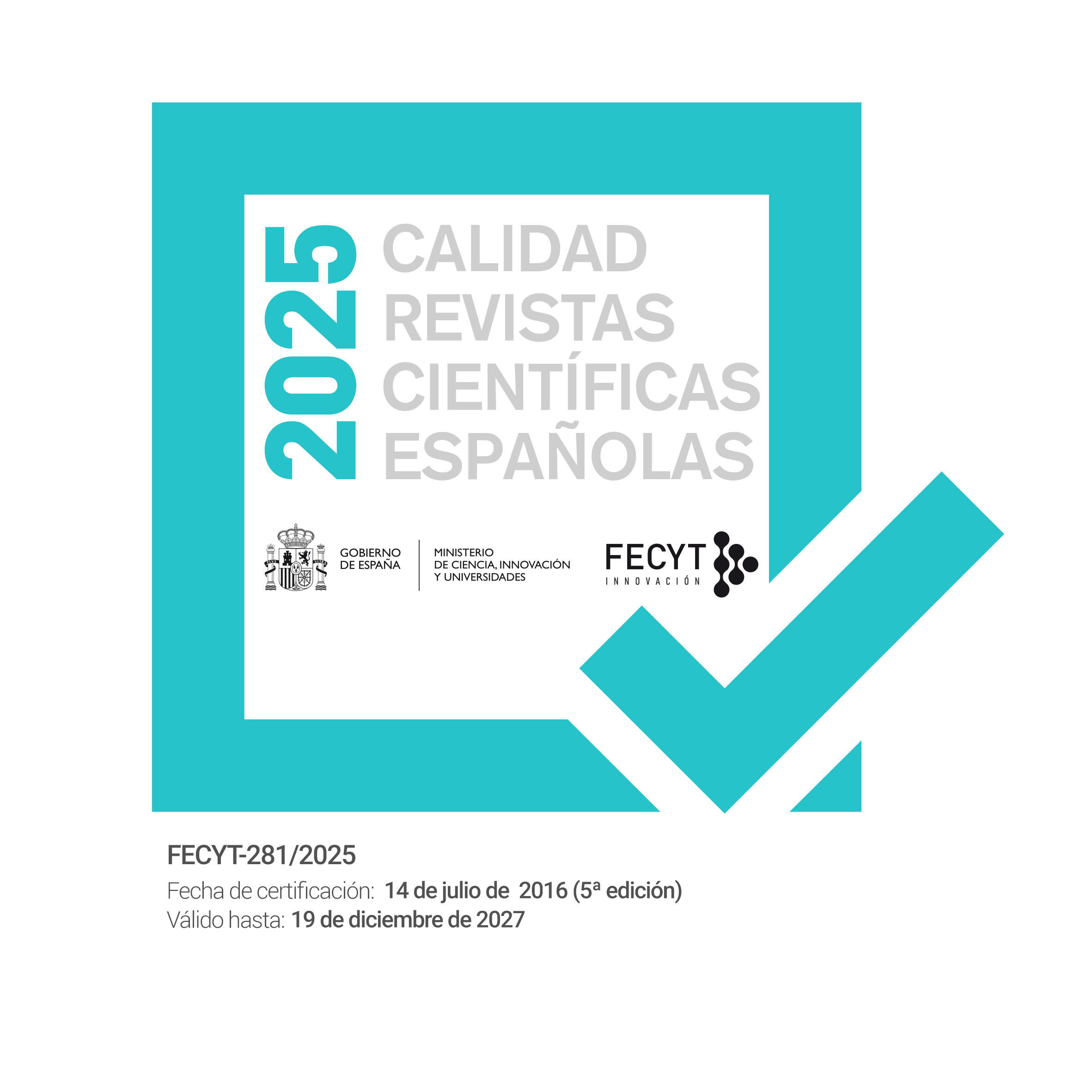READING RESISTANCE IN THE GALATEA EPISODE OF OVID’S METAMORPHOSES
Abstract
This paper discusses the wooing speech of Polyphemus (re-told by Galatea) and proposes that both Polyphemus and Galatea are readers of Ovid’s poem and of Latin Elegy, yet very different ones. While the Cyclops reads the text of Metamorphoses and the elegiac figure of the dura puella from a male-centered perspective, the goddess, resists this type of reading. I argue that Galatea rejects the construction of herself that the Cyclops shapes and that in this way she also resists the way the oaf reads images of women displayed throughout Metamorphoses and in Latin love elegy, thus becoming a resisting reader of male-biased readings of Ovid’s epic and amatory poetry. Further, three contentions are made, that Galatea rejects the reification of women in their animalization and assimilation to eroticized landscape, that she also rejects the literary stereotype of the dura puella in which the Cyclops’ speech tries to encase her, and that she realizes that the Cyclops wishes to deprive her of her own nature and identity and to assimilate her completely to his own world.Downloads
-
Abstract186
-
PDF (Español (España))166
Las obras que se publican en esta revista están sujetas a los siguientes términos:
1. El Servicio de Publicaciones de la Universidad de Murcia (la editorial) conserva los derechos patrimoniales (copyright) de las obras publicadas, y favorece y permite la reutilización de las mismas bajo la licencia de uso indicada en el punto 2.
2. Las obras se publican en la edición electrónica de la revista bajo una licencia Creative Commons Reconocimiento-NoComercial-SinObraDerivada 3.0 España (texto legal). Se pueden copiar, usar, difundir, transmitir y exponer públicamente, siempre que: i) se cite la autoría y la fuente original de su publicación (revista, editorial y URL de la obra); ii) no se usen para fines comerciales; iii) se mencione la existencia y especificaciones de esta licencia de uso.
3. Condiciones de auto-archivo. Se permite y se anima a los autores a difundir electrónicamente las versiones pre-print (versión antes de ser evaluada) y/o post-print (versión evaluada y aceptada para su publicación) de sus obras antes de su publicación, ya que favorece su circulación y difusión más temprana y con ello un posible aumento en su citación y alcance entre la comunidad académica. Color RoMEO: verde.





